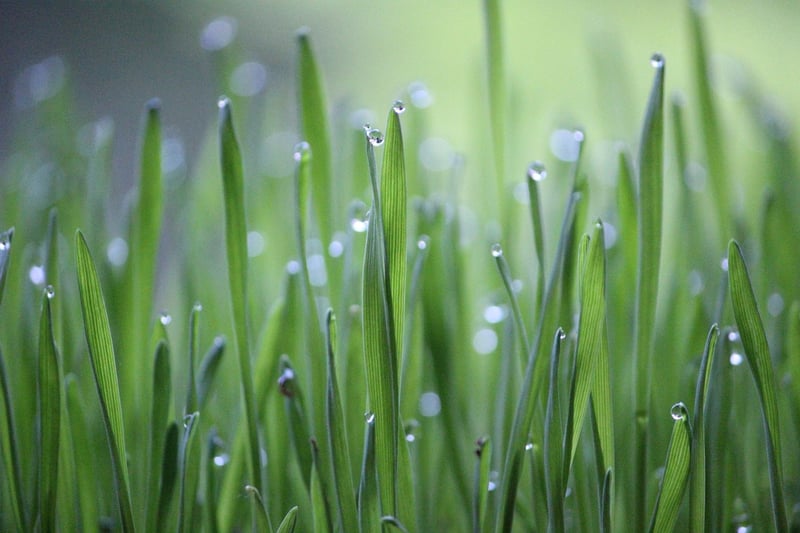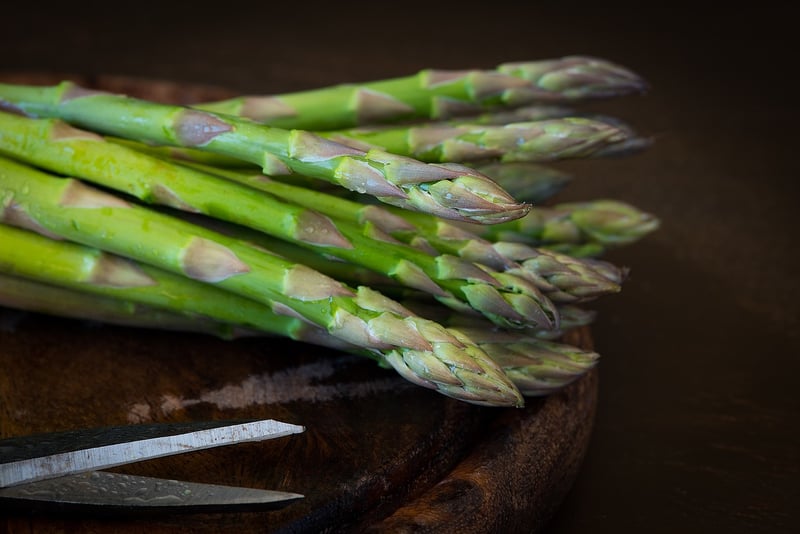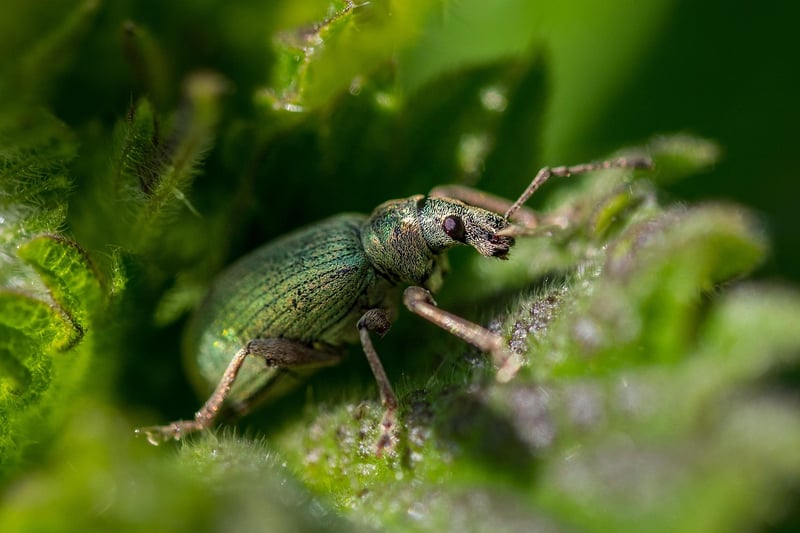Pest Management
#Care
#Maintenance
#Pests
Essential Plant Maintenance + Pest Management
Plants are a beautiful addition to any home or garden, but they require proper care to thrive. In this guide, we will cover essential plant maintenance tips and pest management strategies to help you keep your plants healthy and vibrant.
Plant Maintenance Tips:
- Watering: Ensure your plants receive the right amount of water. Overwatering can lead to root rot, while underwatering can cause wilting.
- Light: Place plants in locations that suit their light requirements. Some plants need direct sunlight, while others thrive in indirect light.
- Pruning: Regularly prune dead or overgrown branches to promote new growth and maintain plant shape.
- Fertilizing: Use a balanced fertilizer to provide essential nutrients for plant growth. Follow instructions carefully to avoid over-fertilizing.
- Repotting: Repot plants when they outgrow their containers to provide fresh soil and room for root expansion.
Pest Management Strategies:
Pests can damage plants and hinder their growth. Here are some effective pest management strategies:
- Inspect Regularly: Check your plants regularly for signs of pests such as holes in leaves, sticky residue, or webbing.
- Natural Predators: Introduce beneficial insects like ladybugs or praying mantises that feed on plant pests.
- Neem Oil: Use neem oil as a natural insecticide to control common plant pests like aphids and spider mites.
- Prune Infested Areas: Remove and dispose of heavily infested plant parts to prevent the spread of pests.
- Quarantine: Isolate new plants before introducing them to your existing collection to prevent potential pest infestations.
By following these plant maintenance tips and pest management strategies, you can ensure your plants remain healthy and free from pests. Remember to observe your plants regularly and take prompt action if you notice any issues.


Happy gardening!
